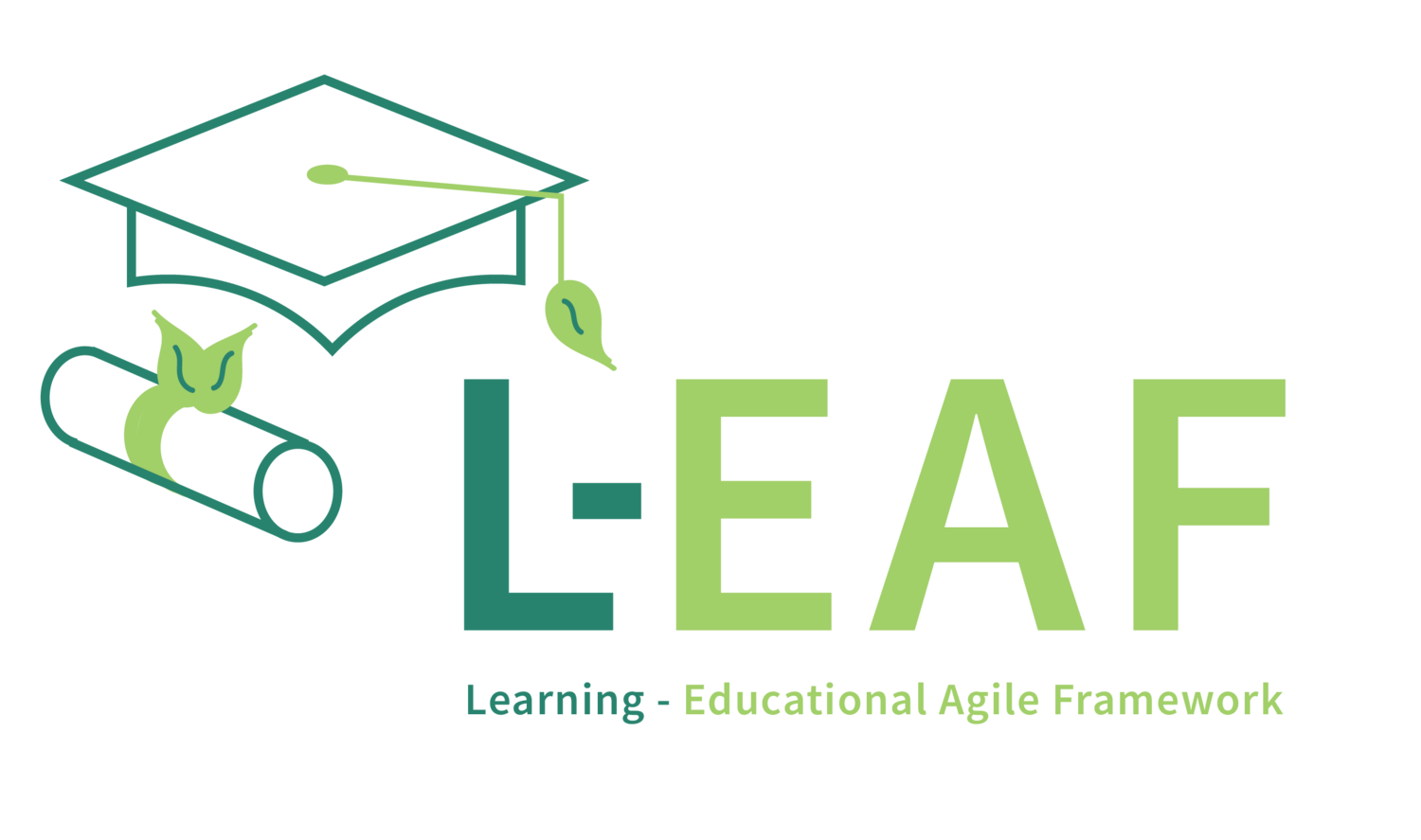How knowledge work is different and why that matters for your children
There is an essential difference between educating people for knowledge work and educating for industrial/manufacturing work
Knowledge work requires experimentation intended to discovering new knowledge, which is emergent-- in other words is not know yet-- and industrial work requires repetitive compliance and following a pre-set behavior algorithm-- presumably because there is nothing new to know that doesn’t come from a manger’s direction. These are profound contrasts for educators to contemplate.
We will resist the temptation to go deep down the geeky rabbit hole of rationalism [old style management and education approach] versus empiricism [new style education designed to emerge new knowledge], but we have to touch on these concepts to appreciate the distinction which are highly salient for the implications for educators and those interested in success in a world where knowledge work is what most people think about when they think of “good jobs.”
Knowledge work and it’s empiricism aims to surface emergent knowledge, which is by nature incomplete and emerges in pieces, not as a complete data set to guide action. Knowledge work and the knowledge it seeks is iterative, incremental and a central part of the “battle for business intelligence” as described by Leo Tilman and Gen. Charles Jacoby in their book, Agility.
By contrast, rationalism assumes that all relevant knowledge is already available for the worker and that simply sticking to what is “rational” each day will be sufficient to sustain success.
Steve Tendon and Wolfram Muller’s essential and unfortunately titled book, Hyper-Productive Knowledge Work Performance, quotes Peter Wegner on this point: “Modern empirical science rejects Plato’s belief that incomplete knowledge is worthless.” [chapter 3]
They continue, “Managing incompleteness is a key distinguishing mechanism between philosophical rationalism and scientific empiricism...In this sense, uncertainty can be considered as a lighter form of incompleteness...Uncertainty is more concrete and tangible than rational ideas.” This is a scary thing for a teacher to contemplate because teachers, as traditionally cast, are supposed to know everything. Once we admit that the work of learning is first discovering and then filling in the blanks, we have to redefine the role of the teacher. The teacher can’t know everything, by definition, in a system built for emerging new knowledge. Schools who can’t help teachers reframe their role and position in the class will struggle to get over the hump of rational industrialism to enjoy the relevance and excitement of discovery and empiricism.
So how does this matter to our education systems, their customers (students and society), and to those who show up as a teacher in a classroom each day?
First, if you want to prepare learners for knowledge work you have to reframe the work and name ongoing problem solving as the essential task. Unlike traditional pedagogical approaches where problem solving is a side-dish to memorizing and worksheets, the knowledge work focused teacher needs to model and teach, as Wegner notes in Tendon and Muller, “interactive forms of problem solving that depend on the behavior of the world rather than on a priori human beliefs.” Knowledge workers thrive when knowledge is turned to understanding.
Second, in knowledge work environments teachers need to focus more on the quality and nature of the learning environment so as to encourage the best possible interactions among the students and worry less about changing the students. The students can often change themselves better than the teacher. We all know how much we like others trying to change us, especially if uninvited to do so. Again quoting Tendon and Muller, “knowledge work [is] an inherent social and psychological human activity, and therefore must be managed with approaches that not only take into account, but also actually take advantage of the social and psychological dimension.” For those folks who know about the Agile Manifesto and it’s values, we are talking about people and the interactions among them as most important-- valued more important than the processes and tools used in the classroom.
Finally, school teachers and administrators who want to prepare their students for the work world that is and will continue to be, they need to, “abandon the notion that the world is unchained and foreseeable, and replace analysis and reasoning with incremental learning, participatory decisions making and feedback-- effectively transforming [learning] strategy formulation into an emergent process.”
To put this all bluntly: most of us parents want our kids to have a good job. In a world where good jobs are generally found in the domains of knowledge work we need schools to both understand what is happening in the world of work and to adapt their practices and policies accordingly. This does not mean corporatizing the process and experience of learning, nor homogenizing it. Quite the opposite. Schools need to embrace reality by humanizing the process. Making the experience of learning more cooperative, more dynamic and vital, more purpose based in the service of solving problems that matter and pulling in new knowledge in pursuit of purpose. As a wise person once noted, all systems are perfectly designed to get the exact results they are getting. We should not expect organizations constituted by humans to get different results without a revision to the basic design and underlying assumptions.






